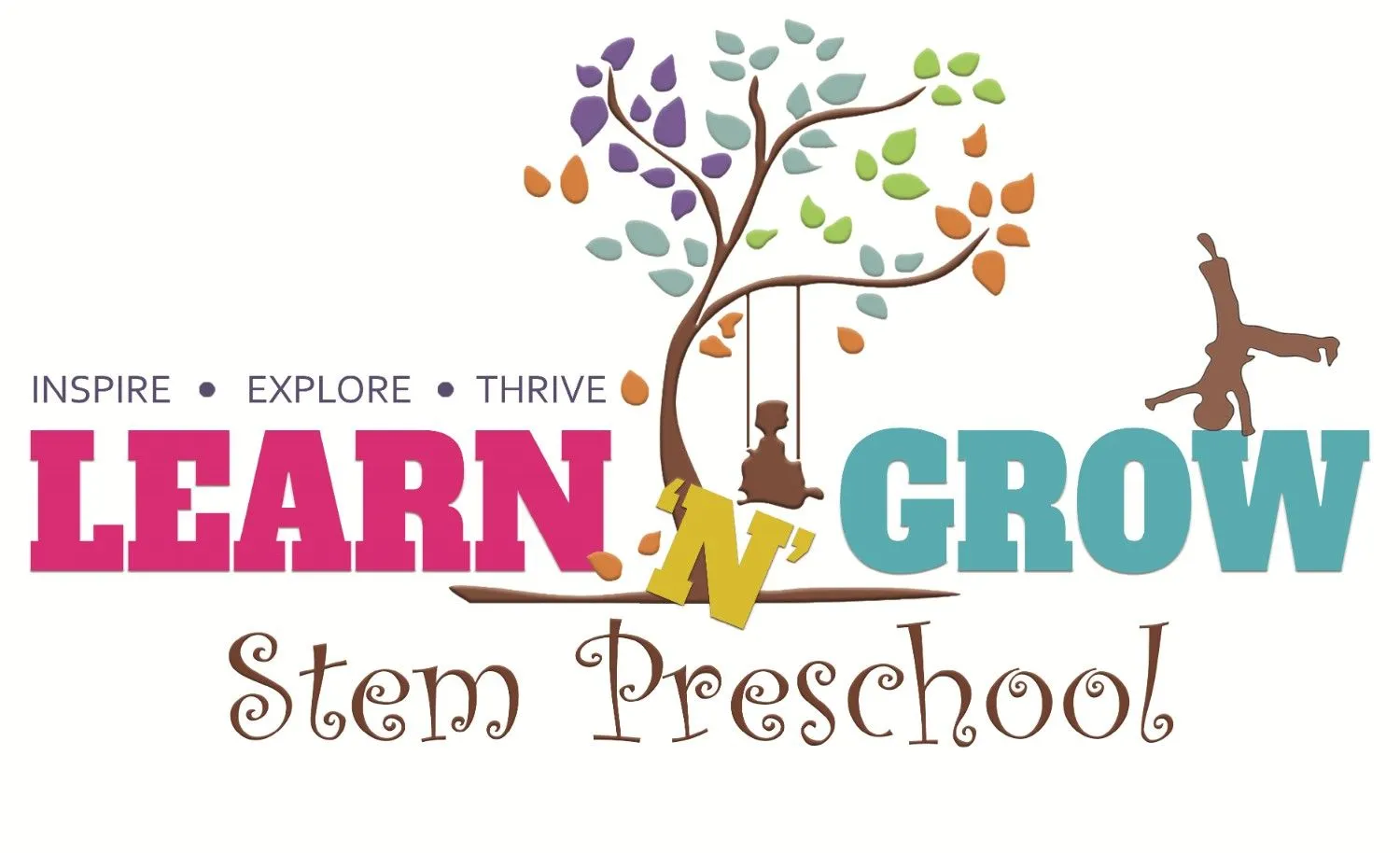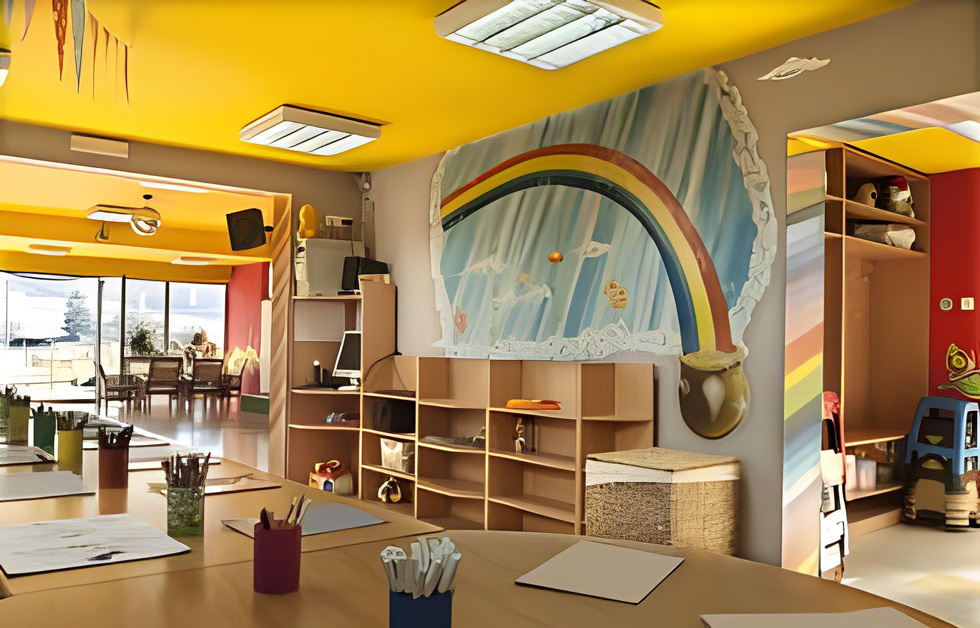Introduction:
Choosing an ideal toddler school for your child is an important choice that will impact both their academic path and general growth. For parents, navigating the process can be overwhelming due to the abundance of options. You can, however, make an informed decision that is in line with your child’s needs and preferences by taking into account important factors and using a methodical approach. This article offers six crucial suggestions to assist you in selecting the Best toddler school. These suggestions address topics like recognizing your child’s needs, investigating and analyzing various educational options, evaluating curricula and methods of instruction, taking safety and hygienic precautions into account, interacting with staff members, assessing opportunities for parental involvement, and facilitating a seamless transfer to a new school. These recommendations can help you set your child up for success.
1. Understanding Your Child’s Needs and Preferences:
Identifying your child’s learning style:
Since every child is different, you can select a school that best meets their needs by being aware of their preferred method of learning. Does your child do better in a more hands-on, experiential setting or a more structured setting? Your decision-making process will be guided by your identification of their learning style.
Considering your child’s personality and temperament:
When selecting a toddler school, take your child’s temperament and personality into consideration. Do they prefer quieter, more solitary activities, or do they enjoy being around other kids? To guarantee a happy and cozy learning environment, think about choosing a school that fits your temperament.
Assessing your child’s social and emotional needs:
Social and emotional development is crucial during the toddler years. Consider how your child interacts with others and their emotional needs. Do they thrive in small group settings or do they require more one-on-one attention? Finding a school that fosters social and emotional growth will set a solid foundation for their future education.
2. Visiting and Assessing Potential Schools:
Scheduling school visits:
Plan visits to the potential schools you are considering. This will give you the opportunity to observe the learning environment firsthand and ask questions. Schedule visits during school hours so you can see how the teachers and students interact in real-time.
Observing the learning environment:
During your school visits, pay close attention to the learning environment. Is it clean, organized, and stimulating? Look for age-appropriate materials and a layout that promotes exploration and engagement. A visually appealing and well-maintained environment can enhance your child’s learning experience.
Evaluating teacher-student interactions:
Observe how teachers interact with the students. Do they show patience, warmth, and genuine interest? A nurturing and supportive teacher can make a significant difference in your child’s early education. Look for teachers who engage with the children and create a positive learning atmosphere.
3. Examining Curriculum and Teaching Approaches:
Understanding the curriculum framework:
Take a closer look at the curriculum offered by the toddler schools you are considering. Does it cover a range of subjects, including language, math, art, and physical activities? A well-rounded curriculum ensures your child receives a comprehensive education during their formative years.
Assessing the balance of academic and play-based activities:
Toddlers learn best through play, so it’s important to find a school that balances academic instruction with play-based activities. Look for programs that encourage hands-on learning, imaginative play, and exploration. This approach fosters creativity, problem-solving skills, and a love for learning.
Considering the approach to early childhood education:
Different schools have varying approaches to early childhood education. Some may prioritize a child-led approach, while others may focus more on teacher-led instruction. Consider which approach aligns with your child’s learning style and your educational values.
Remember, choosing the perfect toddler school for your child is a personal decision. Trust your instincts and prioritize what feels right for your little one. With careful consideration and research, you’ll find a school that sets the foundation for a lifetime of learning and growth. Happy school hunting! options and considering your child’s needs and preferences.
4. Considering Safety, Health, and Hygiene Measures:
When it comes to choosing a toddler school for your little one, their safety, health, and hygiene should be top priorities. After all, you want to ensure they are in a clean and secure environment that promotes their overall well-being.
Evaluating safety protocols and procedures:
Before enrolling your child in a toddler school, it’s crucial to evaluate the safety protocols and procedures in place. Look for schools that have stringent security measures, including controlled access to the premises and well-trained staff. Additionally, inquire about emergency plans and policies to ensure the school is prepared for any unforeseen situations.
Assessing cleanliness and hygiene practices:
Toddlers are notorious for exploring the world around them with their hands and mouths, so cleanliness and hygiene are paramount. Take a tour of the school and assess the cleanliness of the facilities, including classrooms, bathrooms, and play areas. Look for schools that prioritize regular cleaning and sanitizing routines to minimize the spread of germs.
Considering nutrition and meal options:
Nutrition plays a vital role in a toddler’s growth and development. When choosing a toddler school, consider their approach to nutrition and meal options. Find out if they offer balanced meals and snacks that meet your child’s dietary needs. Additionally, inquire about any food allergies or special dietary requirements that the school can accommodate.
5. Engaging with Teachers and Staff:
The relationship between your child and their teachers can significantly impact their learning experience. Engaging with teachers and staff can give you valuable insights into their teaching style and the overall environment of the school.
Meeting and discussing with teachers:
To learn more about the teachers, schedule a meeting. This will enable you to evaluate their pedagogical style and their capacity to establish a rapport with young learners. To make sure they live up to your expectations, find out more about their training, experience, and style of instruction.
Assessing teacher qualifications and experience:
When it comes to your child’s education, you want experienced and qualified teachers guiding them. Inquire about the qualifications and experience of the teachers at the toddler school. Look for educators who have a background in early childhood education and have experience working with toddlers.
Understanding the communication channels with teachers and staff:
A successful learning journey requires parents and teachers to communicate clearly and effectively. Recognize the channels of communication that are available to you, including online platforms, newsletters, and parent-teacher conferences. You can feel more at ease knowing that you can get in touch with the staff and teachers with ease if you have any updates or concerns.
6. Evaluating Parental Involvement Opportunities:
Involvement from parents is crucial to a child’s education. Seek out preschools for toddlers that place a high value on integrating parents into the educational process and offering joint learning opportunities.
Exploring parental involvement programs and activities:
Research the parental involvement programs and activities offered by the school. Look for opportunities that allow you to actively participate in your child’s education, such as parent-teacher workshops or volunteer programs. These activities can deepen your connection with your child’s learning environment.
Assessing the school’s approach to involving parents in the learning process:
Consider the school’s overall approach to involving parents in the learning process. Do they encourage open communication and seek parental input? Find out if they value your involvement and consider your ideas and suggestions when it comes to your child’s education.
Considering opportunities for parent-teacher collaboration:
Working together, parents and educators can improve a child’s education substantially. Inquire as to whether the school arranges for parents and teachers to meet regularly to talk about progress and resolve any issues. A loving and caring environment for your child can be created by having a strong partnership between the home and the school.
Making the Final Decision and Transitioning to a New School:
It’s time to make the ultimate choice and get ready for the transfer to a new school after taking into account all of the previously mentioned aspects.
Weighing the options and considering your child’s needs and preferences:
Take the time to reflect on all the information gathered and consider your child’s needs and preferences. Each child is unique, so choose a toddler school that aligns with their personality, learning style, and interests.
Planning and preparing for the transition to a new school:
Transitions can be challenging for toddlers, so it’s important to plan and prepare for the change. Visit the chosen school with your child before their official start date to familiarize them with the environment. Talk to them about the upcoming change and answer any questions they may have to ease their anxieties.
Trusting your instincts and making the best decision for your child:
In the end, when you’re making the ultimate choice, follow your gut. Your instincts can lead you to the best decision because you are the one who knows your child the best. Though no school is perfect, you can find the ideal toddler school that puts your child on the path to a bright future by considering these suggestions and having faith in yourself.
Conclusion:
In conclusion, selecting the Best toddler school for your child requires careful consideration and research. By understanding your child’s individual needs, evaluating different school options, and examining various aspects such as curriculum, safety measures, and parental involvement opportunities, you can make an informed decision. Remember, finding the right toddler school is a crucial step in setting your child on a path toward educational success and overall development. Take your time, trust your instincts, and make a choice that aligns with your child’s unique personality and learning style. With a well-chosen toddler school, your child will have a strong foundation for a lifetime of learning and growth.

